Pictures of Different Types of Cheese
Want to learn more about different cheese types?
Here's what you need to know:
- Cheeses come in eight varieties including blue, hard, pasta filata, processed, semi-hard, semi-soft, soft and fresh, and soft-ripened.
- Keep your cheese fresher, longer by reading through our tips.
- Watch this video to learn more about how California dairy farmer Brian Fiscalini makes his award-winning cheese. Inspired? Make your own ricotta with this recipe.
- And, as if you needed them, here are eight reasons why you can you can feel good about eating all kinds of cheese – and eight fun facts about cheese.
We've gathered more than three dozen different types of cheeses below with descriptions of their taste, color and more that should help you on your way to a dairy diploma.
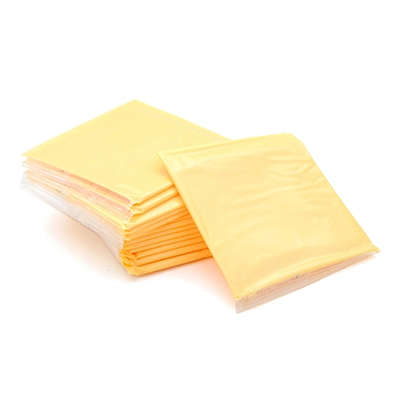
American: American is a creamy, smooth cheese made from blending natural cheeses. It comes in several forms including individually wrapped cheese slices, small pre-sliced blocks and large blocks. It melts well.
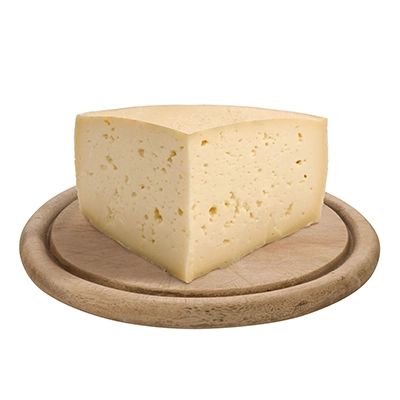
Asiago: Asiago, a nutty-flavored cheese, comes in two forms: fresh and mature. The fresh has an off-white color and is smoother and milder, while mature Asiago is yellowish and somewhat crumbly. Depending on its age, Asiago can be grated, melted or sliced.
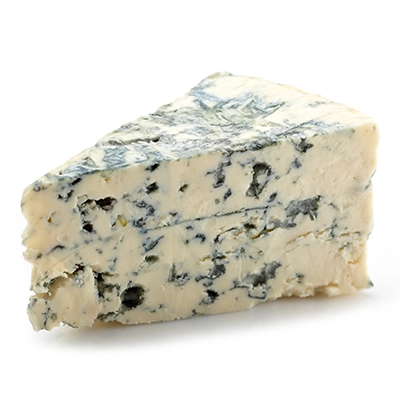
Blue cheese: Blue is a general name for cheeses that were made with Penicillium cultures, which creates "blue" spots or veins. Blue cheese has a distinct smell and, what some consider, an acquired taste. Blue cheeses can be eaten crumbed or melted.
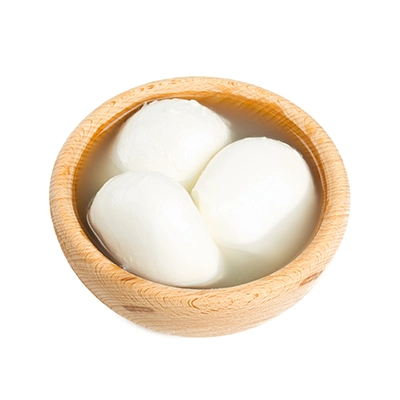
Bocconcini: Meaning "little bites," bocconcini are egg-sized balls of mozzarella cheese. The cheese is white, rindless, unripened, and elastic in texture with a sweet, buttery taste. Bocconcini can be enjoyed as they are or melted.
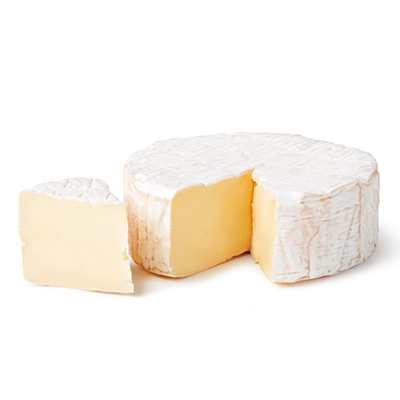
Brie: Brie is a soft, white cheese. It comes in a wheel, sometimes in a small wooden box, and is considered a great dessert cheese. Experts recommend enjoying it at room temperature.
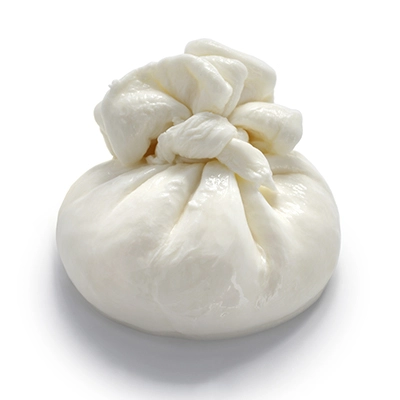
Burrata: Burrata is a fresh cheese featuring a thin layer of cheese with a mixture of stringy curd and fresh cream on the inside. It has a rich flavor and goes well with salads, crusty bread and Italian dishes.
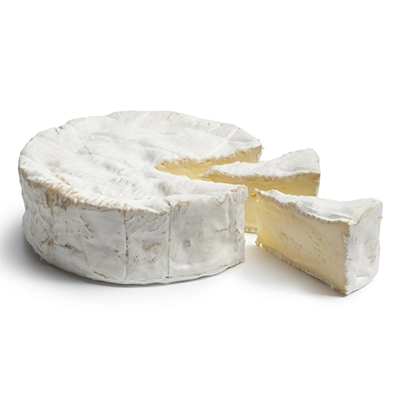
Camembert: Fresh Camembert cheese is bland, hard and crumbly, but becomes smoother with a runny interior as it ages. It has a rich, buttery flavor with a rind that's meant to be eaten.
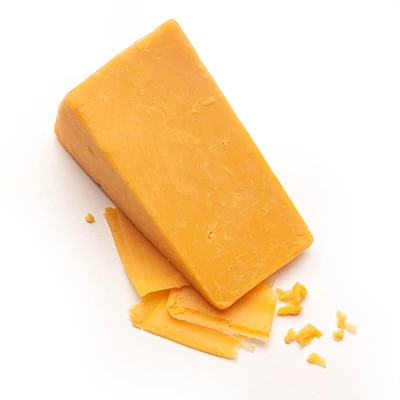
Cheddar: This popular cheese comes in many variations. Its flavor can range from creamy to sharp, and its color can run between a natural white to pumpkin orange. A Cheddar's texture changes as it ages, becoming drier and more crumbly.
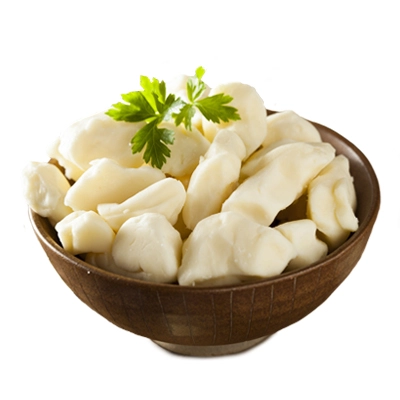
Cheese Curds: Popular in the United States and Canada, cheese curds have a springy or rubbery texture and can vary in flavor. They can be eaten as a snack or used in recipes like Poutine.
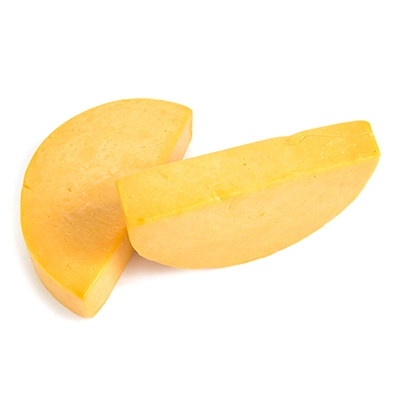
Colby: While it may look like Cheddar, Colby has a softer texture and less tangy taste. Sometimes it's blended with other different cheeses, like Monterey Jack, to make Colby Jack.
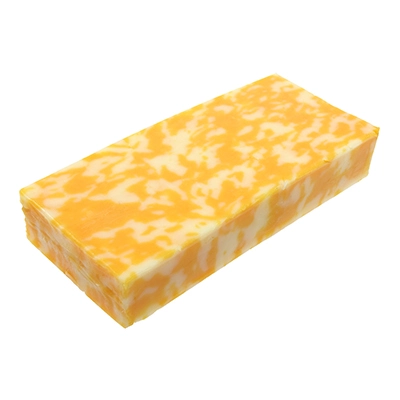
Colby-Jack Cheese: This orange and white cheese is a combination of orange Colby cheese and white Monterey Jack cheese. It's often used on grilled sandwiches, cooked vegetables and other warm dishes because it melts well.

Cold-Pack Cheese: Cold Pack cheese is a combination of two or more types of fresh and aged natural cheeses. It is soft, creamy and spreadable, and comes in tubs, balls, logs, and other packages.

Cotija: This hard, crumbly cheese begins as mild and salty, and becomes tangier as it ages. It doesn't melt, so it's used for grating on soups, tacos, tostadas, and more.
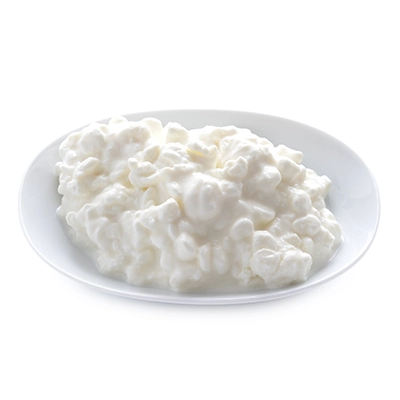
Cottage cheese: Cottage cheese is made when curds are separated from the whey, and unlike other kinds of cheeses, it isn't pressed so it remains creamy and lumpy. It can be eaten on its own, with fruit, on toast, and more.
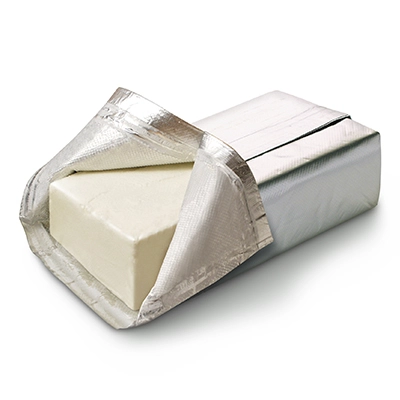
Cream cheese: Cream cheese is made by adding cream to milk. It comes in a block, sometimes with added flavors, and spreads smoothly. The flavor is light and slightly tangy.
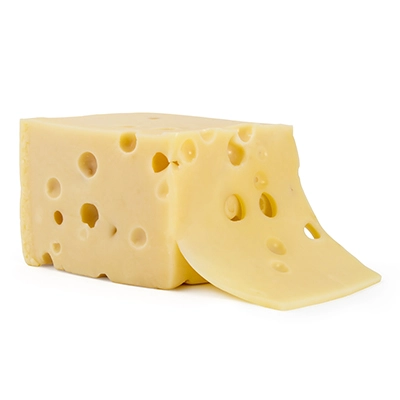
Emmental: When people think of "Swiss cheese," they're likely thinking of Emmental (also known as Emmentaler). When the cheese's curds are cooked and pressed together, bubbles form, which leave the holes in the cheese. It's sweet, tangy and melts well.
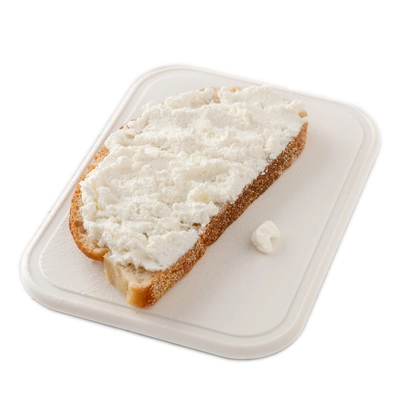
Farmer's: Farmer's cheese is made when cottage cheese is squeezed to remove the extra moisture. It may then be rolled in herbs or smoked meats. Its style varies depending on its maker.
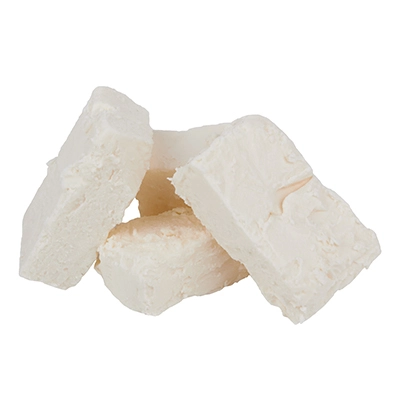
Feta: While traditionally made with sheep's or goat's milk, cow's milk also can be used to make Feta. It's tangy and crumbly.
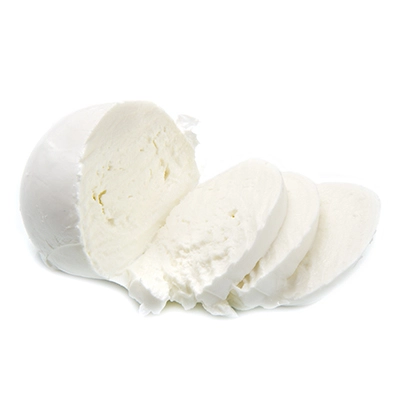
Fresh Mozzarella: Fresh mozzarella is a fresh cheese made by stretching its cheese curds before rolling them into balls. To keep them fresh, they're packed in water.
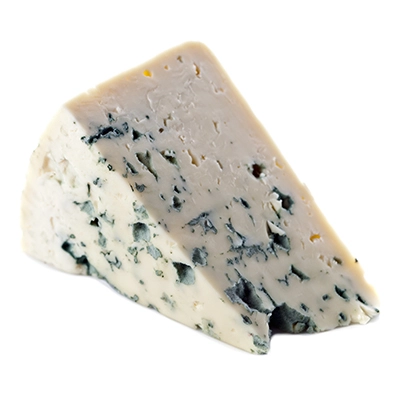
Gorgonzola: Gorgonzola is one of the world's oldest types of blue cheese. It has a crumbly and soft texture, and its taste can range from creamy to sharp.
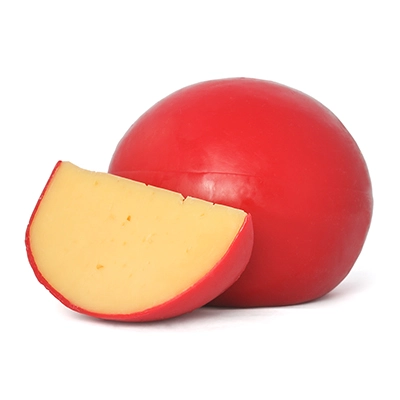
Gouda: A semi-hard to hard cheese with a smooth flavor, Gouda comes in several types, depending on its age. Gouda can be grated, sliced, cubed and melted.
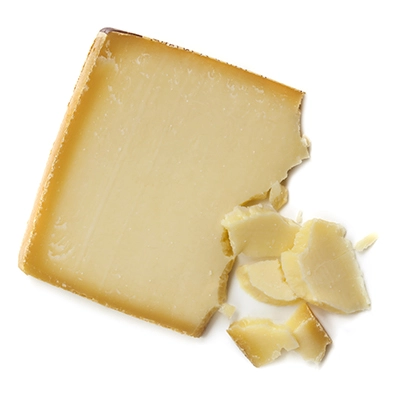
Gruyere: This slightly grainy cheese is known for its fruity, earthy and nutty flavors. It melts well and adds a savory flavor without overpowering others. It's commonly used on sandwiches, in hot meals, over French onion soup and more.
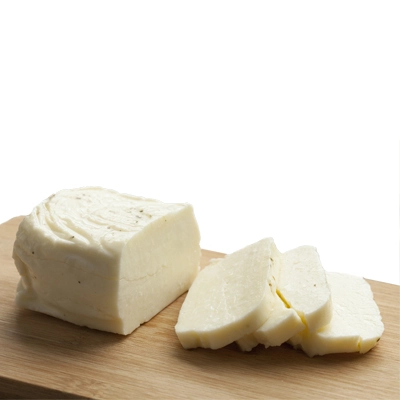
Halloumi: Halloumi is known for its high melting point so it's often fried or grilled. While often made from goat or sheep milk, cow's milk also may be used. The texture is similar to mozzarella, while its taste is strong and salty. Once cooked, it becomes less salty and creamier.
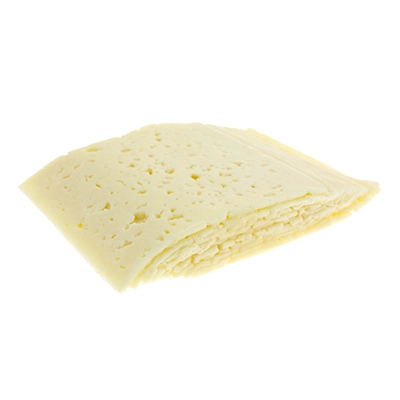
Havarti: Havarti, a semi-soft cheese, has a buttery aroma and taste. It can be sliced, grilled or melted.
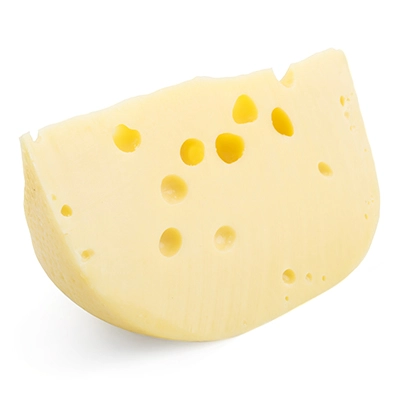
Jarlsberg: Jarlsberg is a mild, semi-soft cheese that resembles Emmental thanks to its open and irregular holes. This meltable cheese works well in hot dishes, on sandwiches and more.
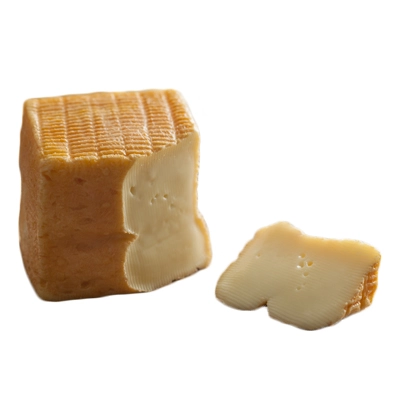
Limburger: Known for its pungent odor, Limburger is a semi-soft cheese with a mild flavor despite its stinky aroma. The cheese, which softens with age, goes well with dark rye bread and onion.
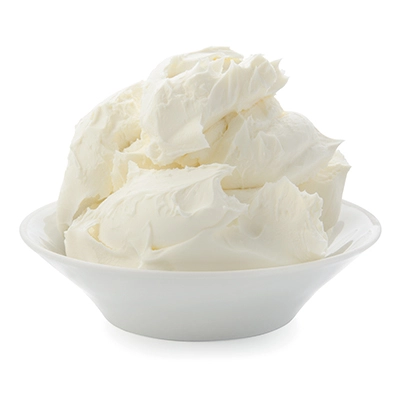
Mascarpone: Mascarpone is a thick, soft cheese with a very high fat content. Known for its smooth, creamy to buttery texture and flavor, it can be used in sweet and savory dishes.
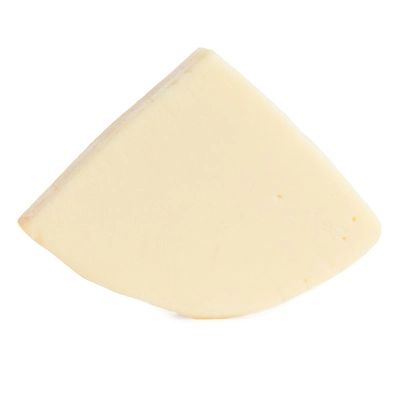
Monterey Jack: Monterey Jack, which has a mild and buttery flavor with a bit of tang, melts well.
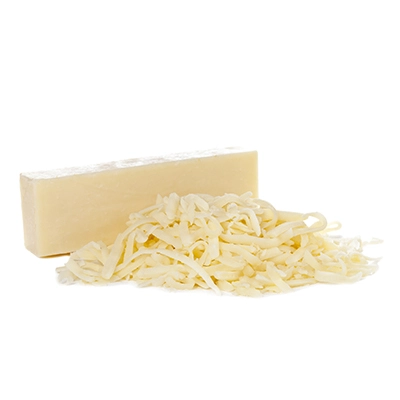
Mozzarella: Similar to fresh mozzarella, this mozzarella is pulled and kneaded into strands, which contributes to its stretch ability. It melts well and is commonly used on pizza.
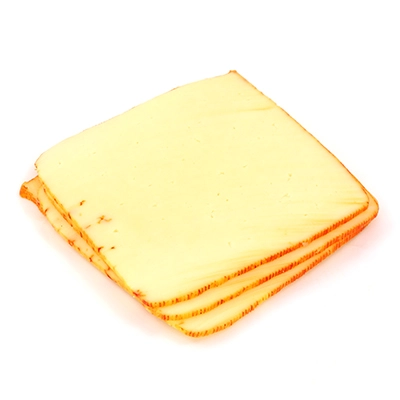
Muenster: Muenster is a smooth, pale yellow cheese with an orange rind. Its taste can vary from mild and bland to sharp. Since it melts well, it can be used in sandwiches, on cheeseburgers and more.
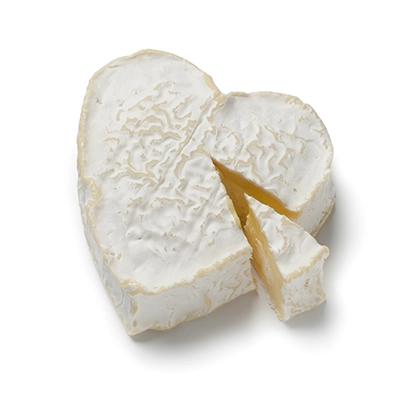
Neufchatel: This soft, white cheese looks similar to Camembert, but is made in many forms, shapes and sizes. Unlike similar cheeses, Neufchatel has a grainy texture.
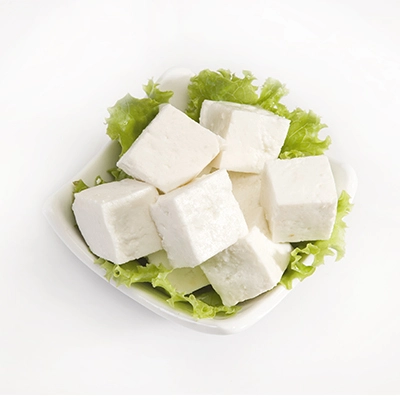
Paneer: Paneer is a fresh cheese often used in South Asian Cuisine. It's moist and soft, crumbly in texture, and is made in a process similar to ricotta.
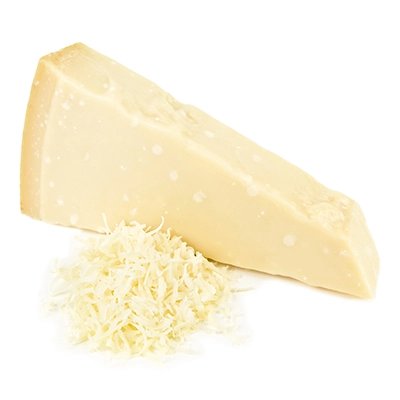
Parmesan: Parmesan has a hard, gritty texture and tastes fruity and nutty. It can be grated over pastas, used in soups and more.
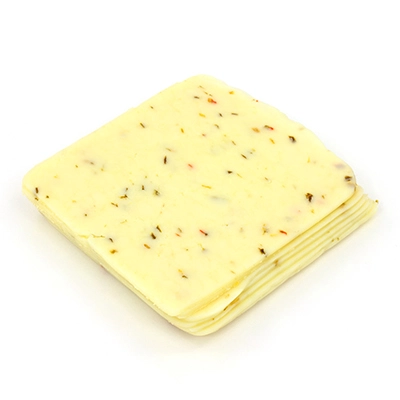
Pepper Jack: Pepper Jack is a variety of Monterey Jack that's flavored with peppers and often other vegetables and spices to give it a kick. While this semi-soft cheese is spicy, it's also buttery. As a result, it goes well with quesadillas, hamburgers and more.
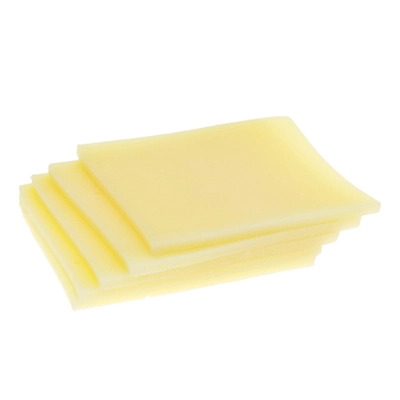
Provolone: This semi-hard cheese is pale yellow to white and has a sweetish taste. It can come in smoked and unsmoked varieties, and is a sandwich staple for many.
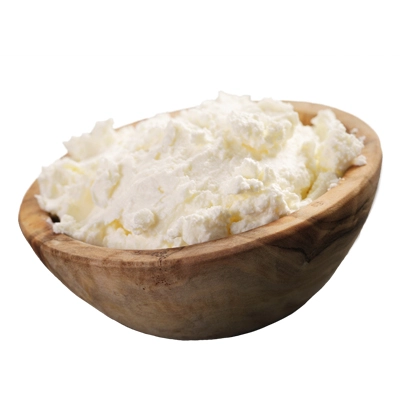
Ricotta: This fresh cheese is smoother than cottage cheese and while firm, it's not solid. It has a light flavor that works well with dishes from lasagna to cheesecake.
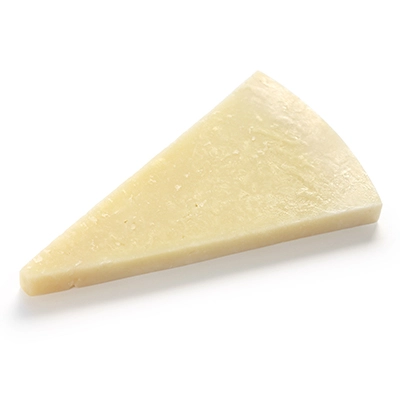
Romano: This hard cheese, when made with cow's milk, can have a tangier flavor than Parmesan. It's often grated over pasta, salads or into sauces.
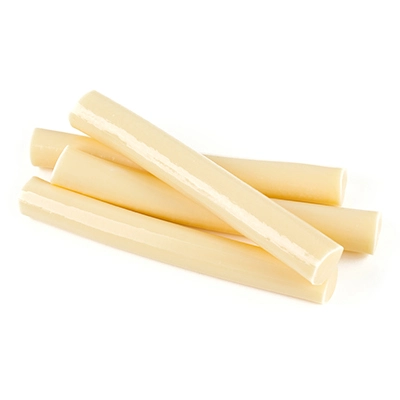
String Cheese: Traditionally, it's a type of mozzarella made into small logs that can be pulled apart as strings. It comes in a variety of flavors.

Swiss: Swiss is actually a generic name for a type of cheese, including Emmental and baby Swiss varieties. It's recognized by its holes and light or pale yellow color. It pairs well with fruits and vegetables, and on sandwiches.
Pictures of Different Types of Cheese
Source: https://www.usdairy.com/news-articles/cheese-types-what-you-need-to-know-about-cheese